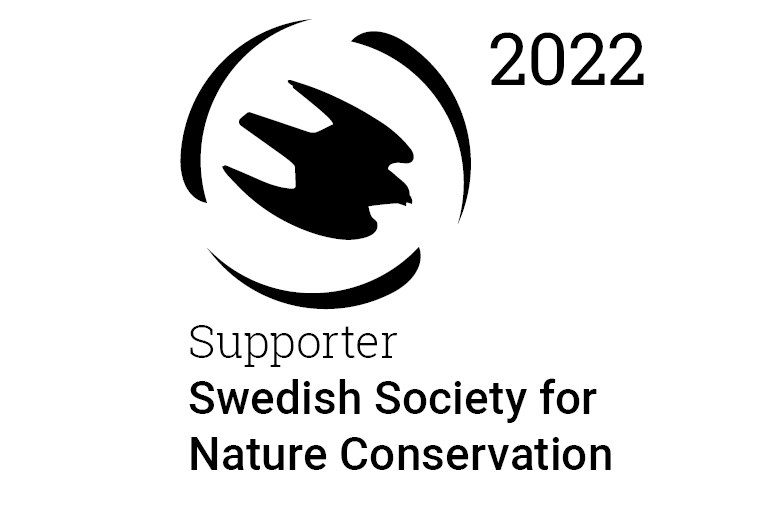Indonesia Reach Regulation for Various Sectors
Login
Forget Password
Tags
Indonesia has set up a national policy for environmental development in its territory through the Environmental Protection and Management Law (Law No. 23, 1997) and its updated version (Law No. 32, 2009). These laws regulate and manage the importation of hazardous and toxic substances. However, Indonesia has not yet adopted an integrated chemical management framework.
Ministry of Environment and Forestry (MOE) has the main authority to operate the current management system guided by the Government Regulation No 74, 2001 on Hazardous Substances Management and No. 36, 2017 on Procedure about Registration and Notification of Hazardous and Toxic Substances.
In order to prevent and mitigate the risks of hazardous and toxic material impacts to the living environment, human health, and other living creatures, MOE requires different compliances such as registration and notification of toxic and hazardous chemicals (so-called B3 in the Indonesia context) from various stakeholders.
|
National Regulation |
|
|
Implementation officer(s) |
Ministry of Environment and Forestry (MOE) |
|
Law |
List of classification: a. B3 permissible for use b. B3 prohibited for use c. B3 for limited use. http://sib3pop.menlhk.go.id/uploads/Regulasi/PP742001b.pdf
|
|
Objectives |
Prevent and mitigate the risks of hazardous and toxic material impacts to the living environment, human health, and other living creatures |
|
Scope |
Toxic and hazardous chemicals (abbreviated as B3) |
|
Exemption |
Radioactive materials, explosives, mine products and oil and natural gas and its processed products, foods and beverages and other food additives, household health and cosmetics supplies, pharmaceutical prepared materials, narcotics, psychotropic, and their precursor and other addictive substances, chemical weapons and biological weapons. |
|
Target |
Regulations require different compliances from producer/importer and exporter/importer. |
|
Compliance obligations |
|
|
Comments |
1. Pre-registration plartform (PTSP): https://ptsp.menlhk.go.id/ It is not very clear if registration and notification are also done through PTSP. 2. Forms in conformity: only Indonesian version is available http://jdih.menlhk.co.id/uploads/files/P.36.pdf |
Substance Submission
A list of classification functions as an inventory to outline three categories of B3 under control. A. B3 permissible for use; B. B3 prohibited for use, and C. B3 for limited use. Based on this classification, compliance of either registration or notification should follow.
Registration is limited to importers and producers to inform MOE of the distribution of any B3 produced in and imported into the territory for the first time. For cases that might raise concerns on the importation and exportation and require destination countries to approve the arrival of B3, the mechanism of notification applies. For example, importation of any chemicals that are not included in the list for the first time; exportation and importation of B3 for limited use. MOE plans to establish a single database that corporates data about usable and limited chemicals from the registration and notification mechanisms.
Adoption of GHS
Ministry of Industry (MOI) administers the adoption of UN GHS Rev.4 in Indonesia through No. 87/M-IND/PER/9/2009 regarding Globally Harmonized System of Classification and Labeling of Chemicals and its updated version (No. 23/M-IND/PER/4/2013.) These two regulations are complemented by the technique guidelines (No. 21/IAK/PER/4/2010 & No. 04/BIM/PER/1/2014). The application of GHS covers production and importation of chemical substances and mixture, but small and medium enterprises (SMEs) are exempted. Indonesia aims to adopt the 7th revision in 2021.
|
GHS Regulation |
|
|
Status |
Adopt UN GHS Rev.4 |
|
Implementation officer(s) |
Ministry of Industry (MOI) |
|
Regulation(s) |
|
|
Scope |
Chemical substances and mixture produced in and imported to the country except for SMEs. |
|
Exemption |
Pharmaceutical preparations, food additives, cosmetics, pesticide residue in food |
|
Language |
Bahasa Indonesian language, may be accompanied by any UN language |
|
Comments |
1. According to the APEC Convergence Questionnaire 2020 progress report, Indonesia is planning to adopt GHS 7th revision in 2021. Because Indonesia has a SNI system (Indonesia national standard) to conform the quality of products and services in the territory, it also requires integration of SNI for GHS in order to be able to adopt the later version of GHS. |
Chemical regulations from other ministries
|
Ministry of Manpower |
No.1 of 1970 concerning Occupational Safety No 187 of 1999 concerning the control of hazardous substances in the workplace No. 50 of 2012 concerning the Implementation of Occupational Safety and Health Management Systems |
|
Ministry of Trade
|
No. 44/MDAG/PER/9/2009 concerning Procurement, Distribution and control of Hazardous Materials Amendment 2011, 2014 No. 04/M-DAG/PER/2/2006 on Distribution and Monitoring of Hazardous Materials Amendment 2006 No. 3 Th. 2012 concerning provisions on the Import of Ozone Depleting Substances |
|
Ministry of Agriculture
|
No. 7 of 1973 concerning control on the distribution, storage and use of pesticides. No. 479/Kpts/KP.150/7/1990 concerning commission on pesticides No. 24 Th. 2001 concerning procedures and requirements for pesticide registration No. 07/Permentan/SR.140 /2/2007 concerning conditions and requirements for pesticide registration No. 37 Th. 2009 concerning the Use of Pesticides with Active Ingredients Methyl Bromide for Plant Quarantine Treatment and Pre-shipment Treatment |
|
Ministry of Health |
No. 258/Menkes/Per/XI/1992 concerning Pesticide Management Health Requirements No. 881/Menkes/Skb/VIII/1996; 771/Kpts/Tp.270/8/1996 concerning Limit for Pesticide Residue in Agricultural Products No. 472/Menkes/PER/V/1996 on security of hazardous materials to health |
Login
Forget Password
Tags
Global Product Compliance (GPC) specializes in Global Regulatory Compliance Solutions across sectors
globally. SSS Europe, a familiar name in chemical regulatory and compliance services now formally belongs
under the umbrella of GPC Holding Sweden.
Since 2008, we have emerged as one of the leading names among Global Regulatory Compliance Service
Providers with Representation services in Europe, Asia and Middle East for respective chemical
regulations.


